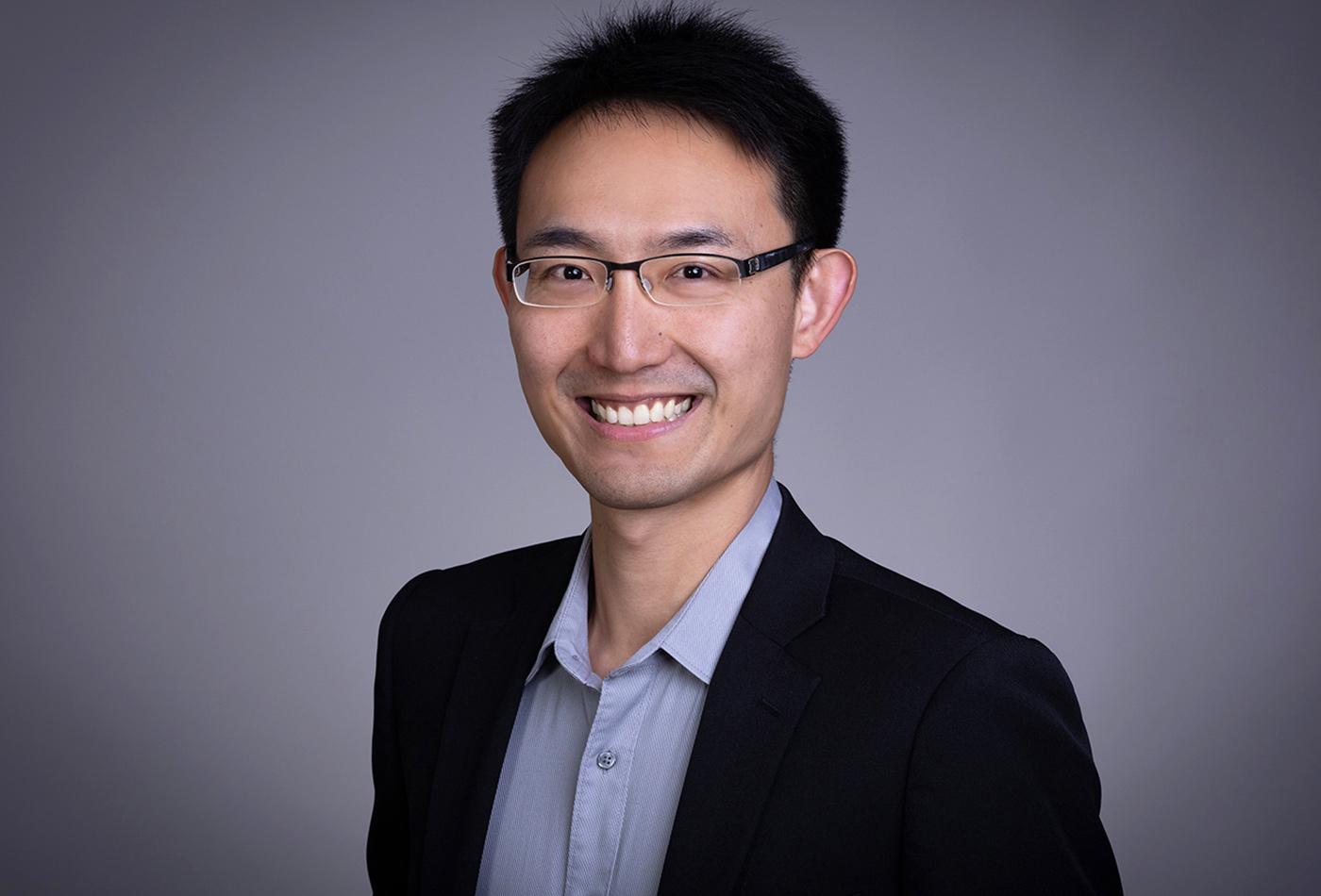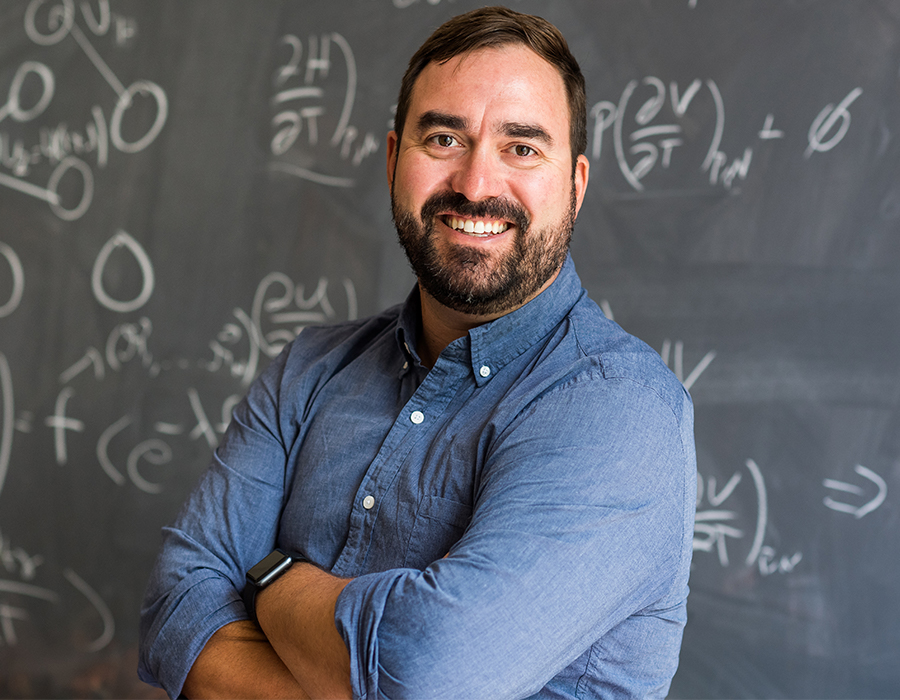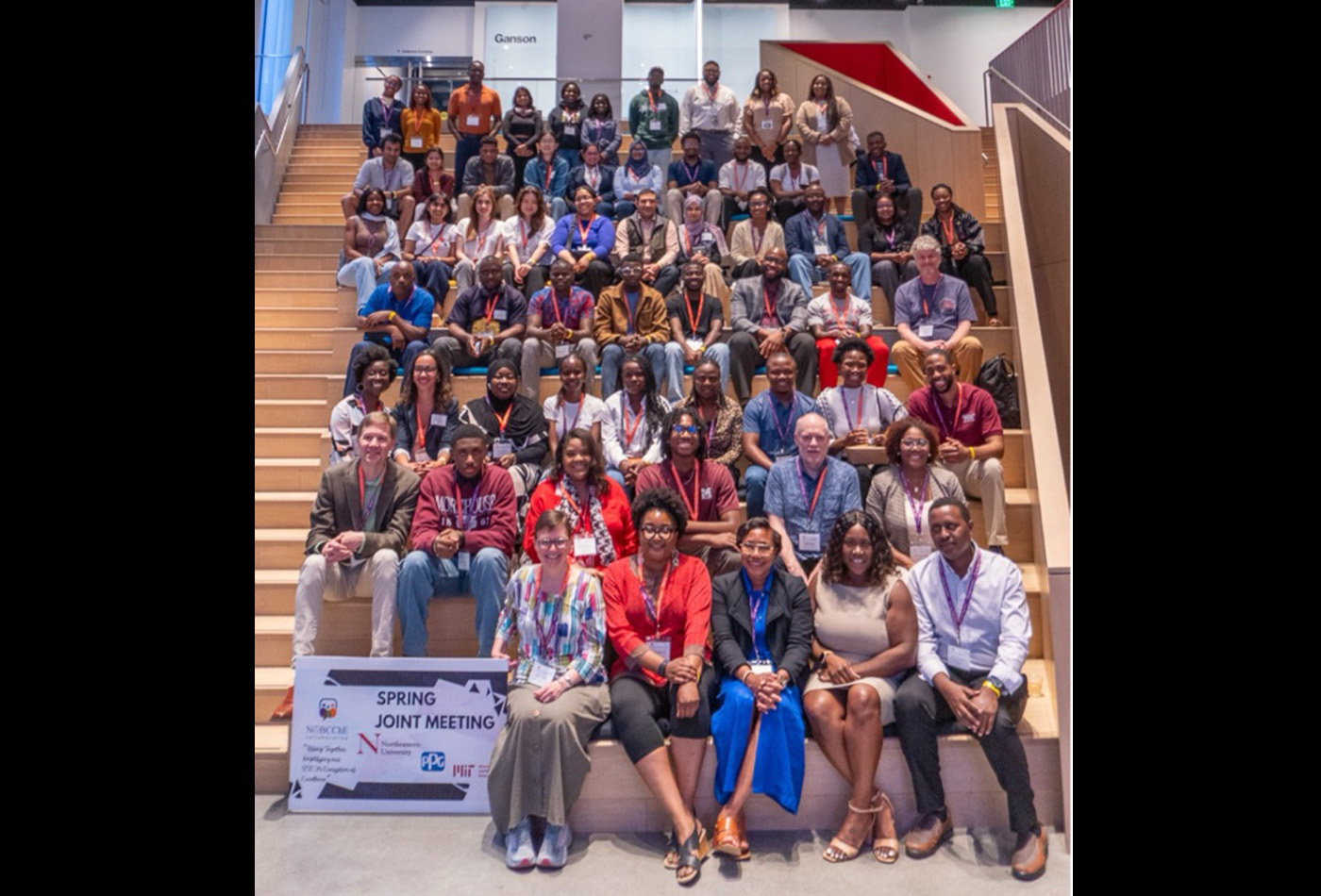Sam Peng joins the Faculty
Peng has been appointed as an Assistant Professor in the Department of Chemistry, as well as a Core Member of the Broad Institute.
The Department of Chemistry is pleased to welcome Dr. Sam Peng (PhD ‘14) to the faculty. He will hold a dual appointment with the Broad Institute, where he is a Core Member.
Peng earned his BS in chemistry from the University of California, Berkeley, and his PhD from MIT in physical chemistry. He completed his postdoctoral research at Stanford University as an NIH K99 Pathway to Independence scholar in the lab of Steve Chu. During his postdoctoral research, he developed long-term single molecule imaging in live cells using a novel class of nanoprobes. He applied this new technique to study axonal transport in neurons and the molecular dynamics of dynein — a motor protein involved in transporting cargo in cells.
Peng’s lab will develop novel probes and microscopy techniques to visualize the dynamics of individual molecules in living cells, which will improve the understanding of molecular mechanisms underlying human diseases.
The Peng group will aim to elucidate the molecular mechanisms underlying human diseases. Lab members will develop and integrate a diverse toolbox spanning single-molecule microscopy, super-resolution microscopy, spectroscopy, nanomaterial engineering, biophysics, chemical biology, and quantitative modeling to uncover previously unexplored biological processes. With bright and photostable probes, lab members will have unprecedented capability to record ultra-long-term “molecular movies” in living systems with high spatiotemporal resolutions and to reveal molecular interactions that drive biological functions. Peng’s group will focus on studying molecular dynamics, protein-protein interactions, and cellular heterogeneity involved in neurobiology and cancer biology. Their long-term goal is to translate these mechanistic insights into drug discovery.
“Because my research is so multi-disciplinary, joining the Broad and MIT communities allows us to integrate a range of experimental tools and to collaborate with colleagues and students from diverse backgrounds,” said Peng. “I’m excited to see how our techniques can enable discoveries for a variety of cellular processes, including those underlying complex brain functions and dysfunctions. Many problems that previously seemed inaccessible now appear to be within reach in the foreseeable future.”





